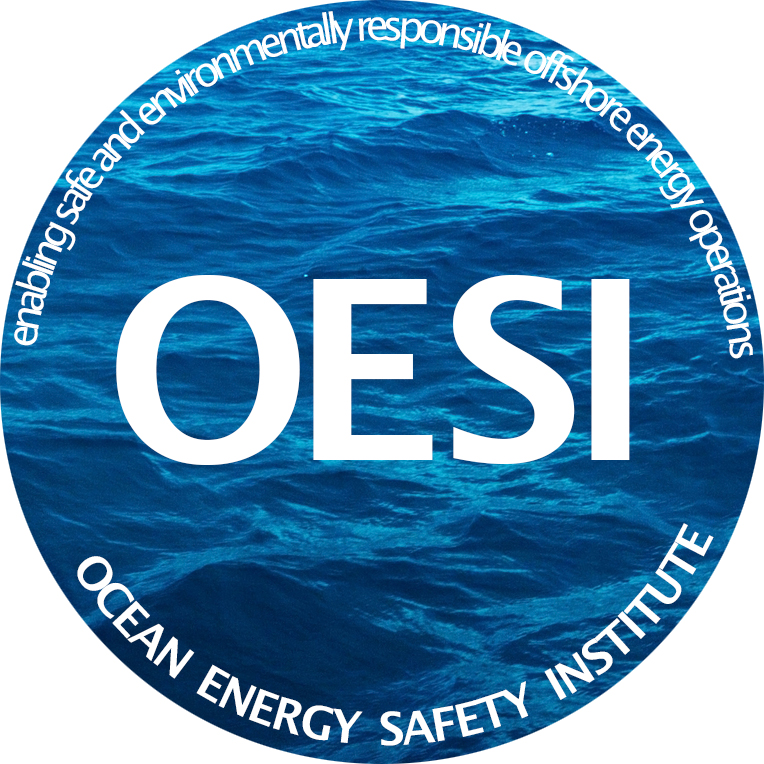Human-Robot Interactions. Fundamental and applied human technology (HRI, HCI) research includes studies of human-machine interactions with collaborative, teleoperated, and wearable robotics to study the impact of human states of fatigue and stress on human-machine trust, situation awareness, and overall task performance.
Predictive Health and Safety. We analyze worker physiological, movement, and performance-based markers using wearables, digital tech, and IoT across different work contexts (oil and gas, driving) and health conditions (diabetes, OUD) to better understand and predict human states of fatigue and stress, as well as to develop public health and safety engineering solutions to proactively assess and improve human and work conditions.
Neurotechnology: Mechanisms to Market. Our applied research and technology development efforts focus on augmenting and supporting embodied cognition through equitable multimodal interface designs, wearable brain-computer interfaces (BCIs), and neurostimulation that are applicable during learning, skill acquisition, and performance augmentation in high-stress operational settings.
Our research is funded by several national and international research and industry agencies.





